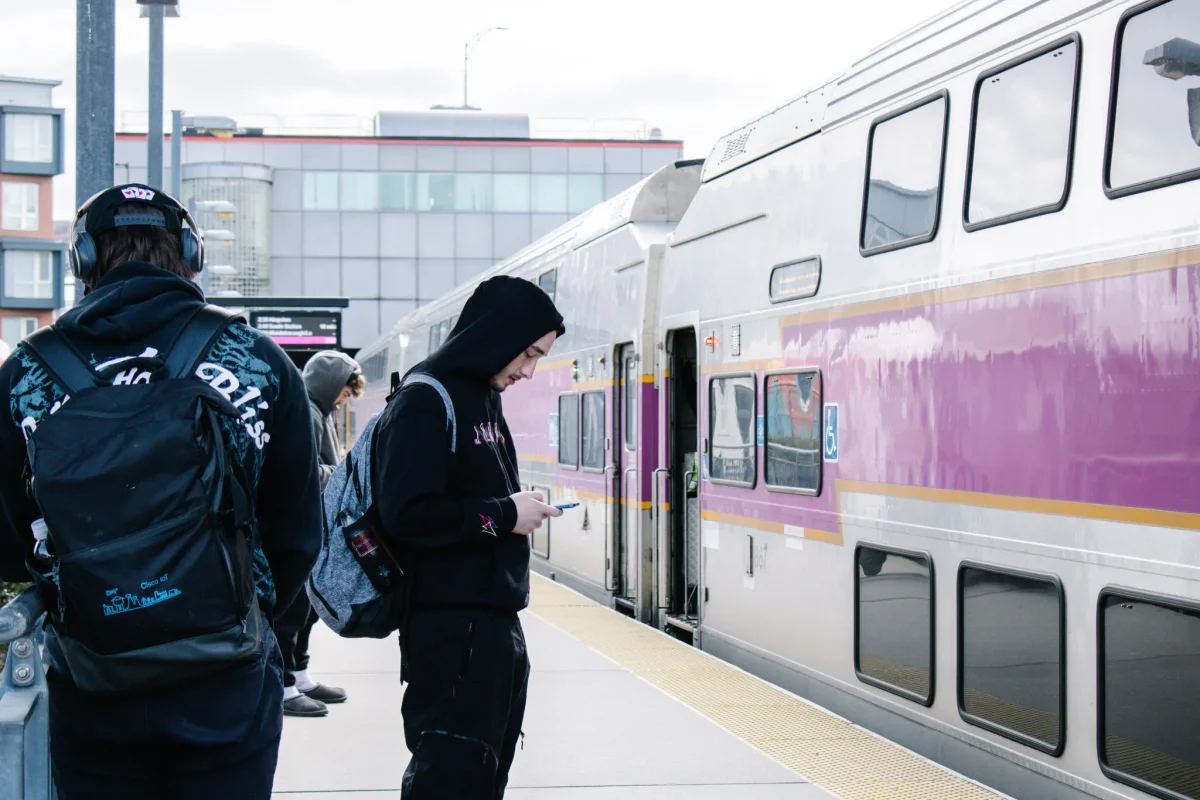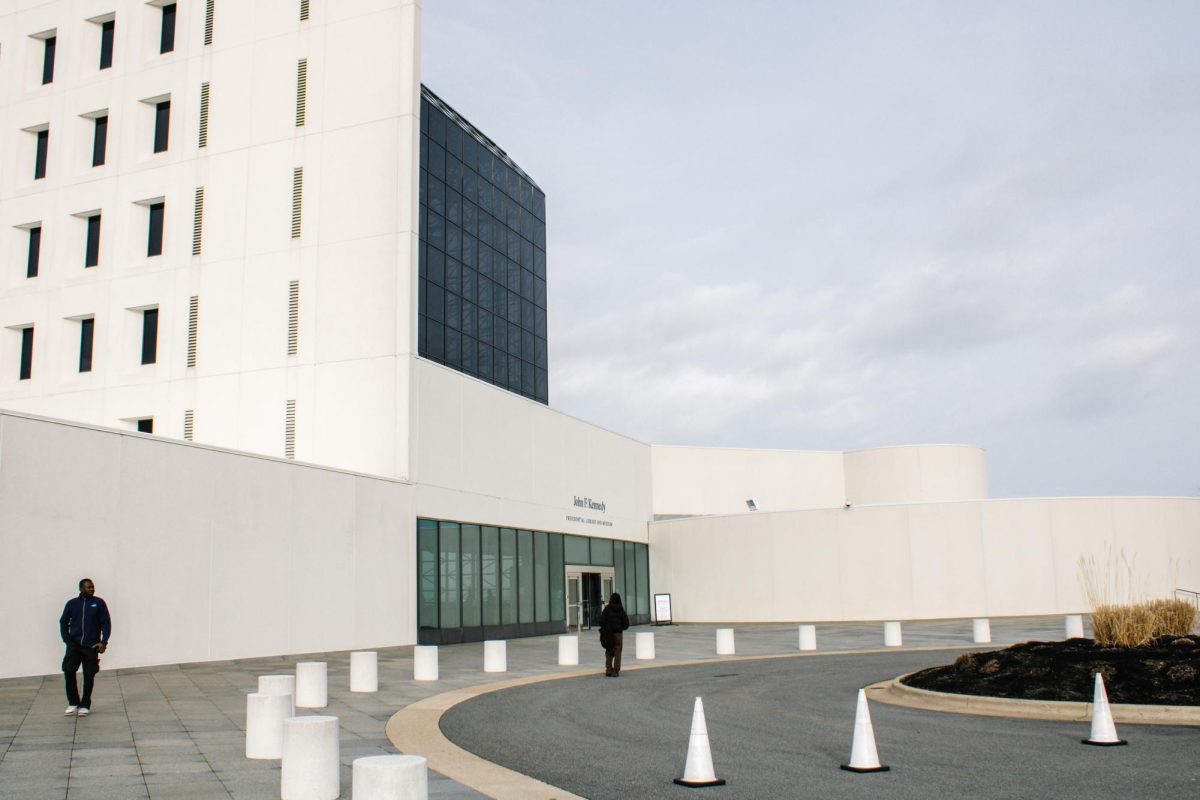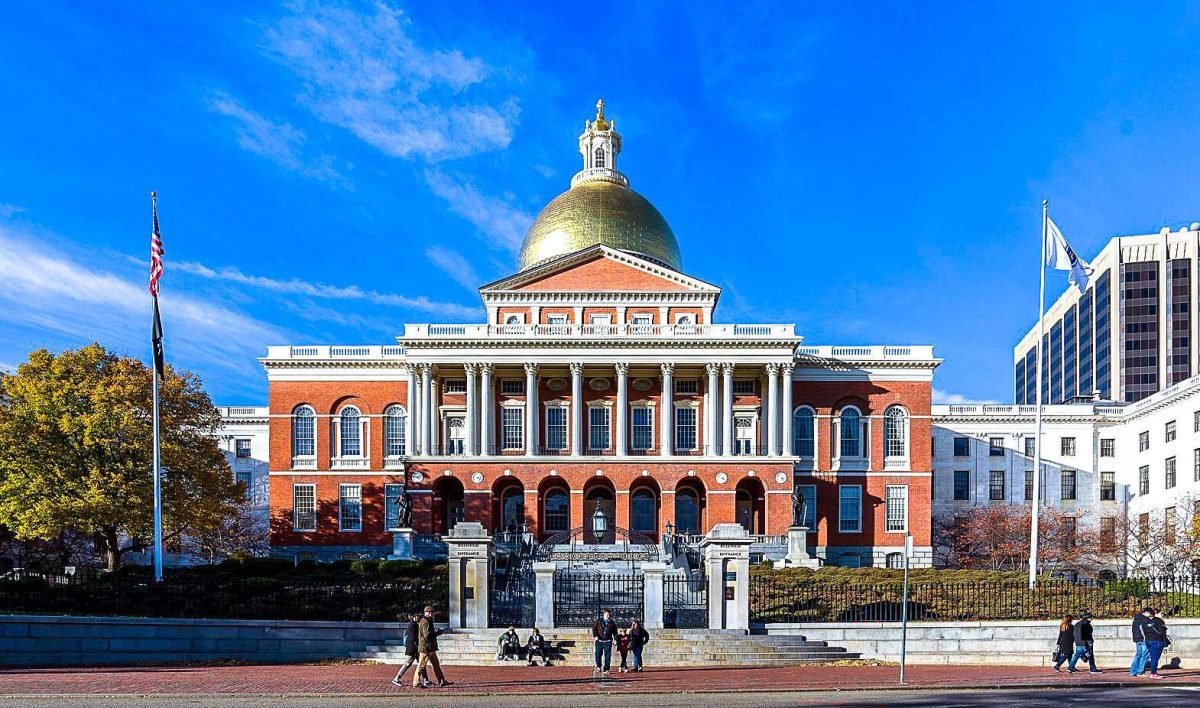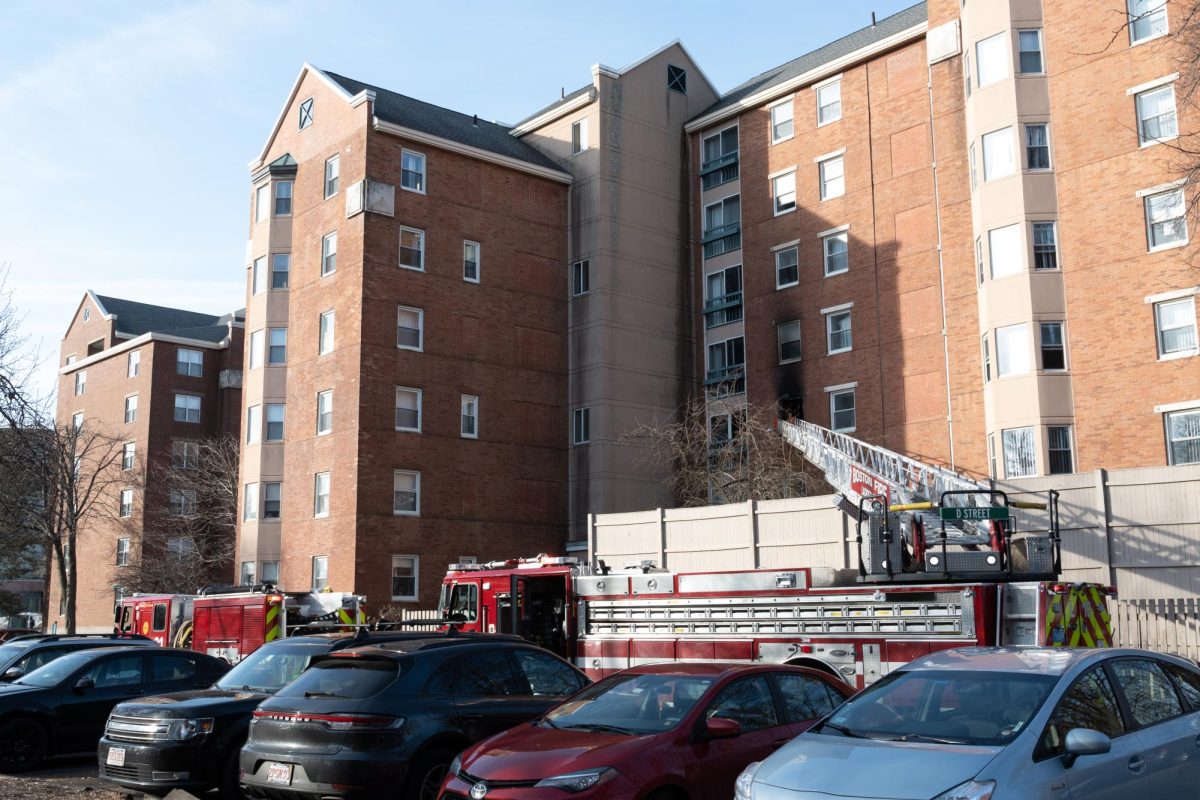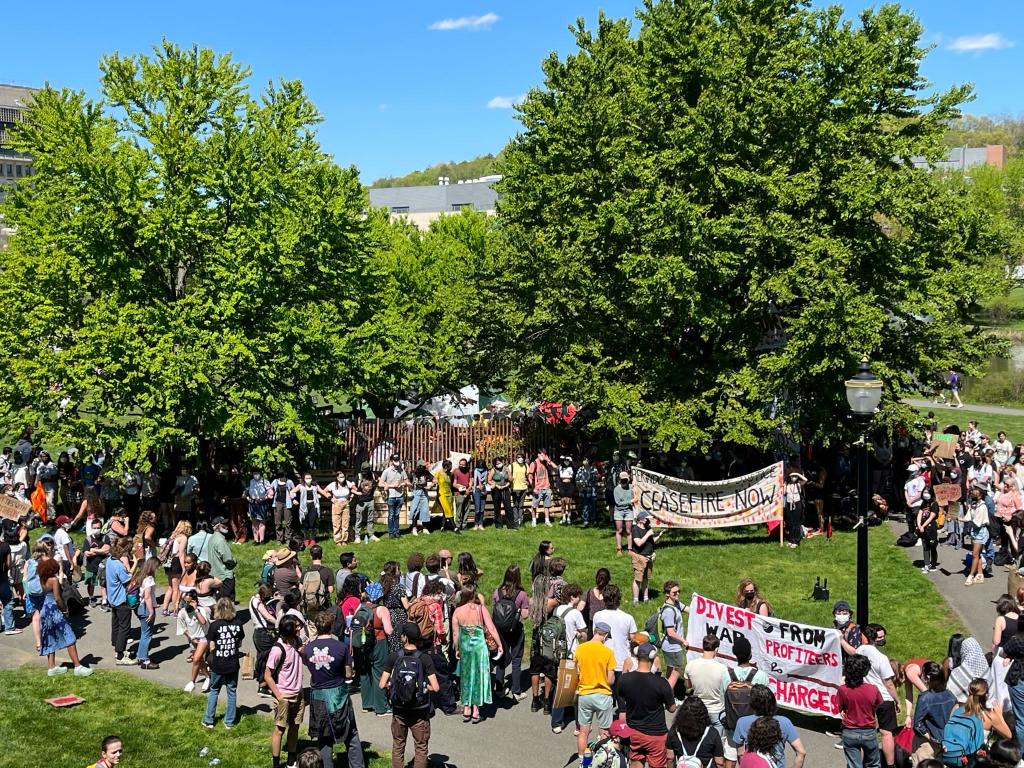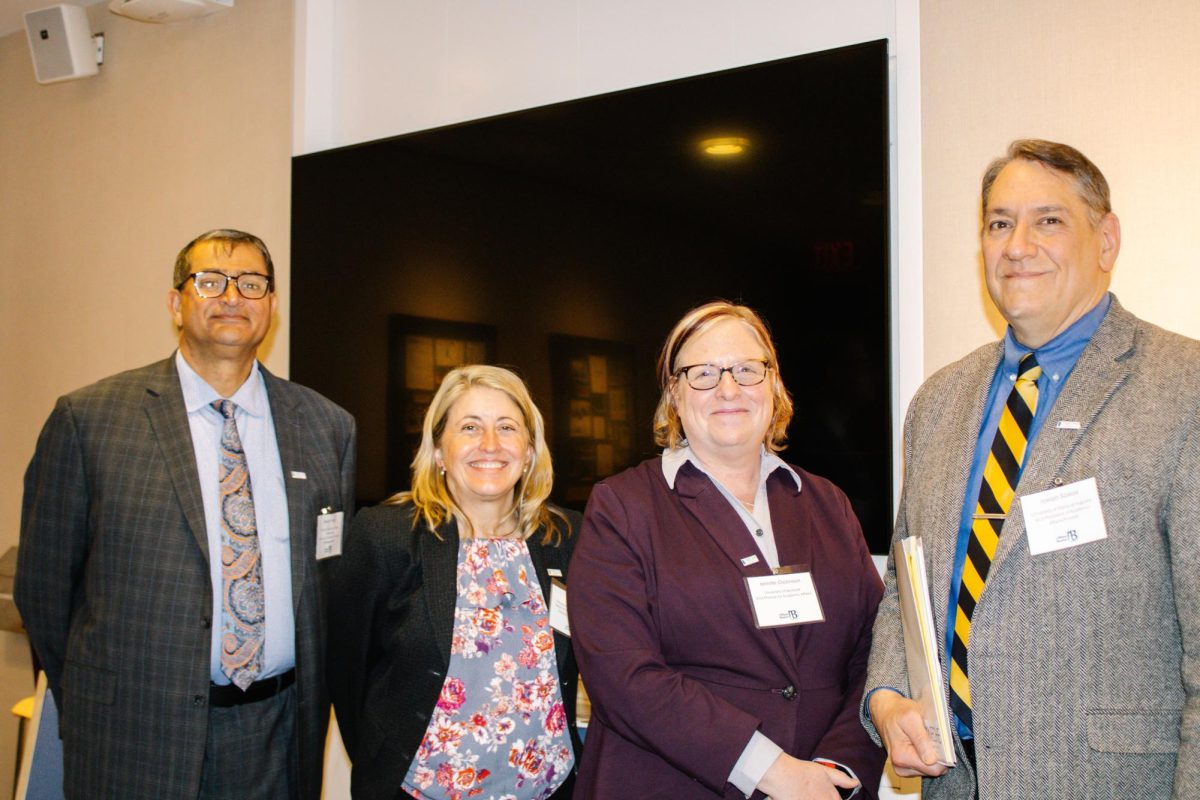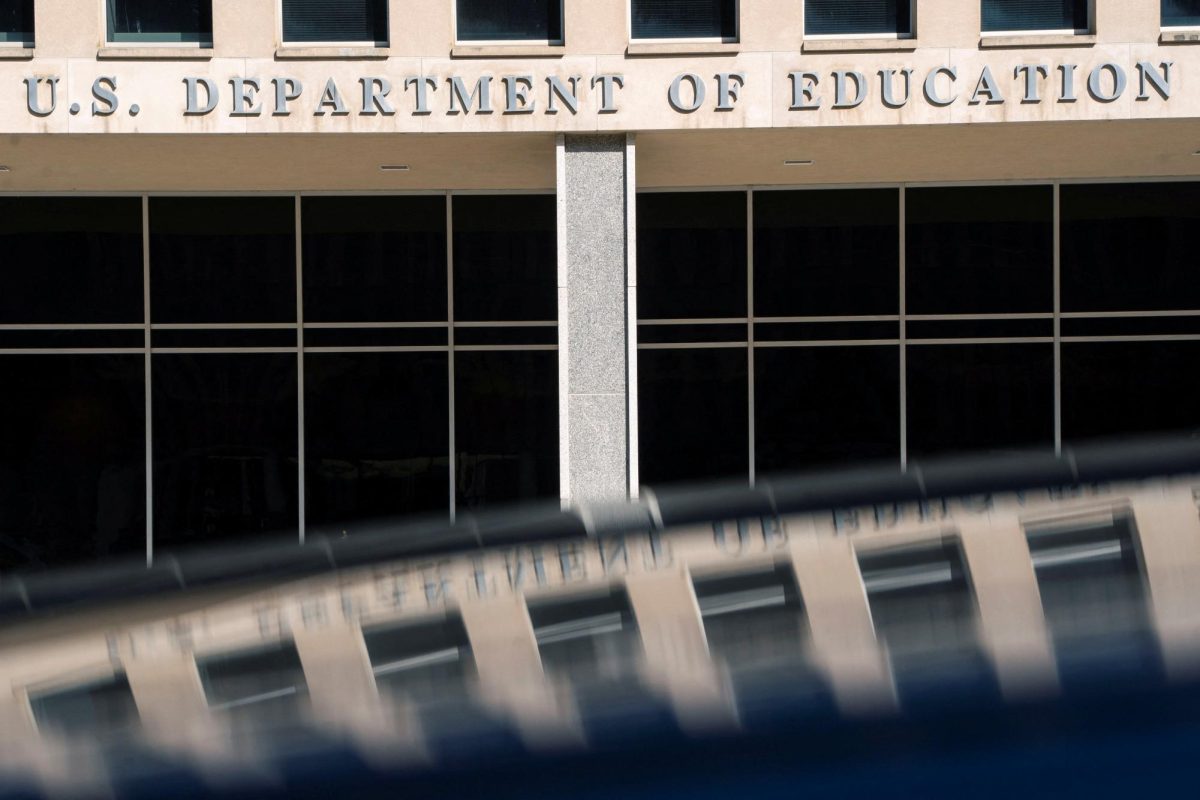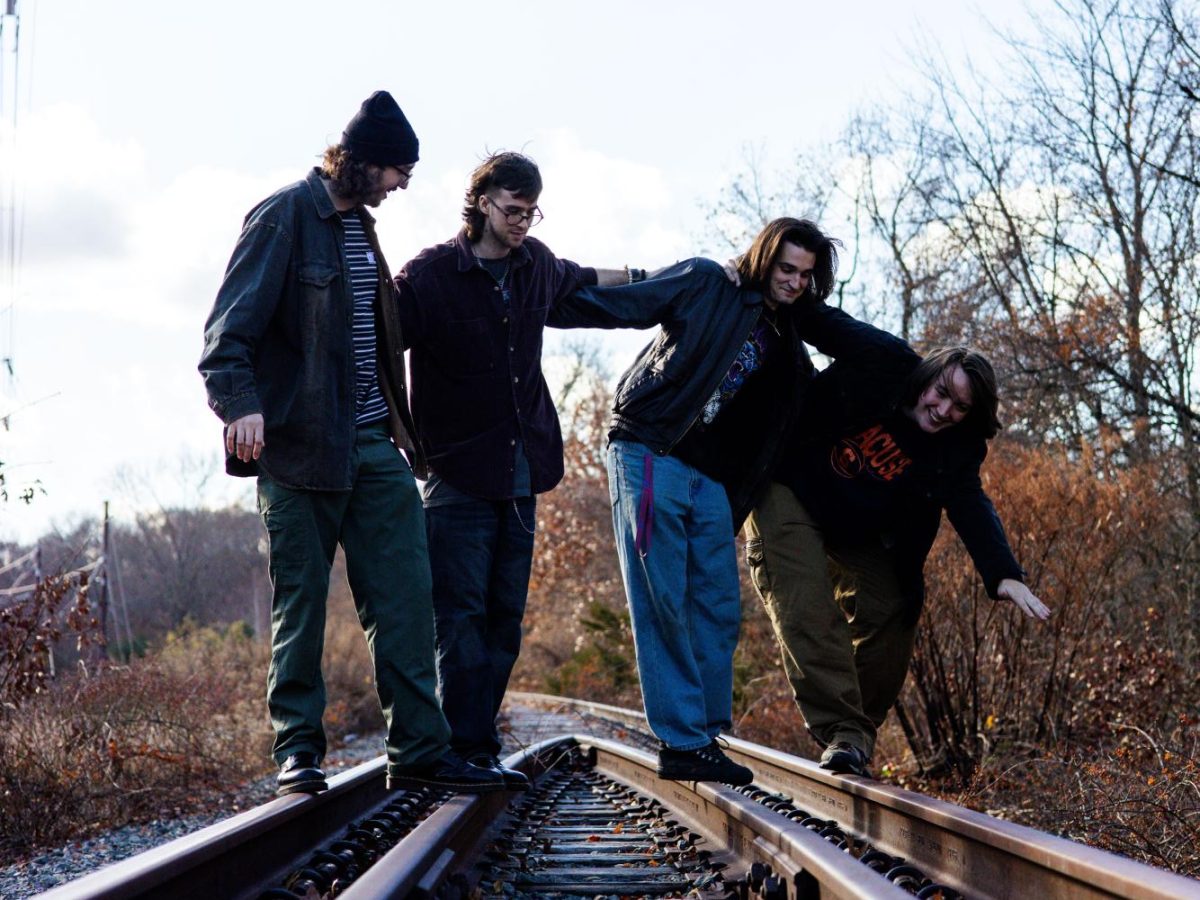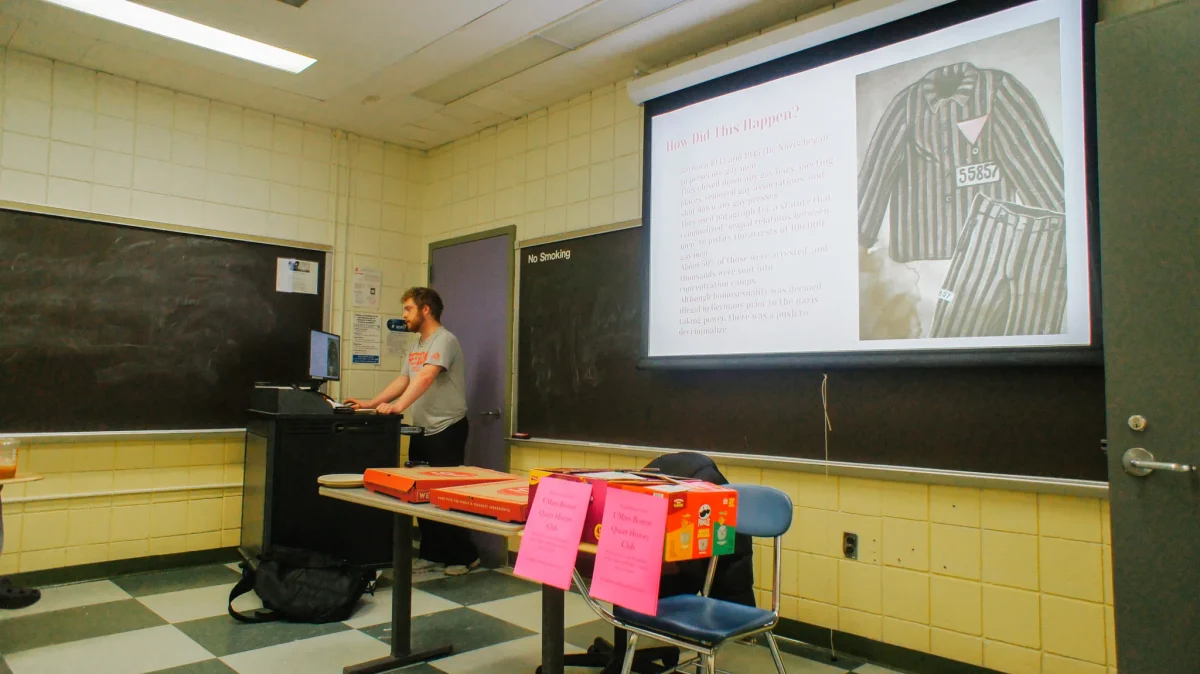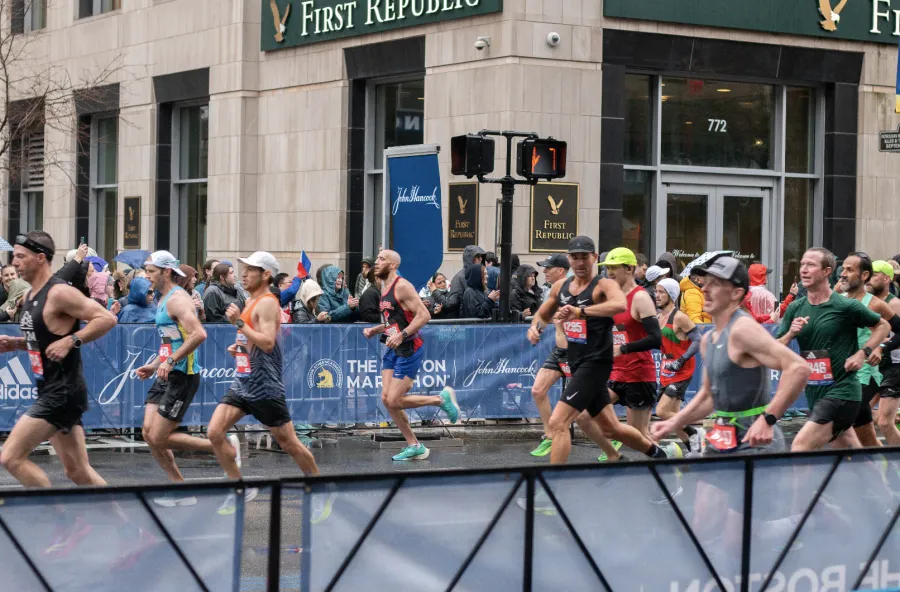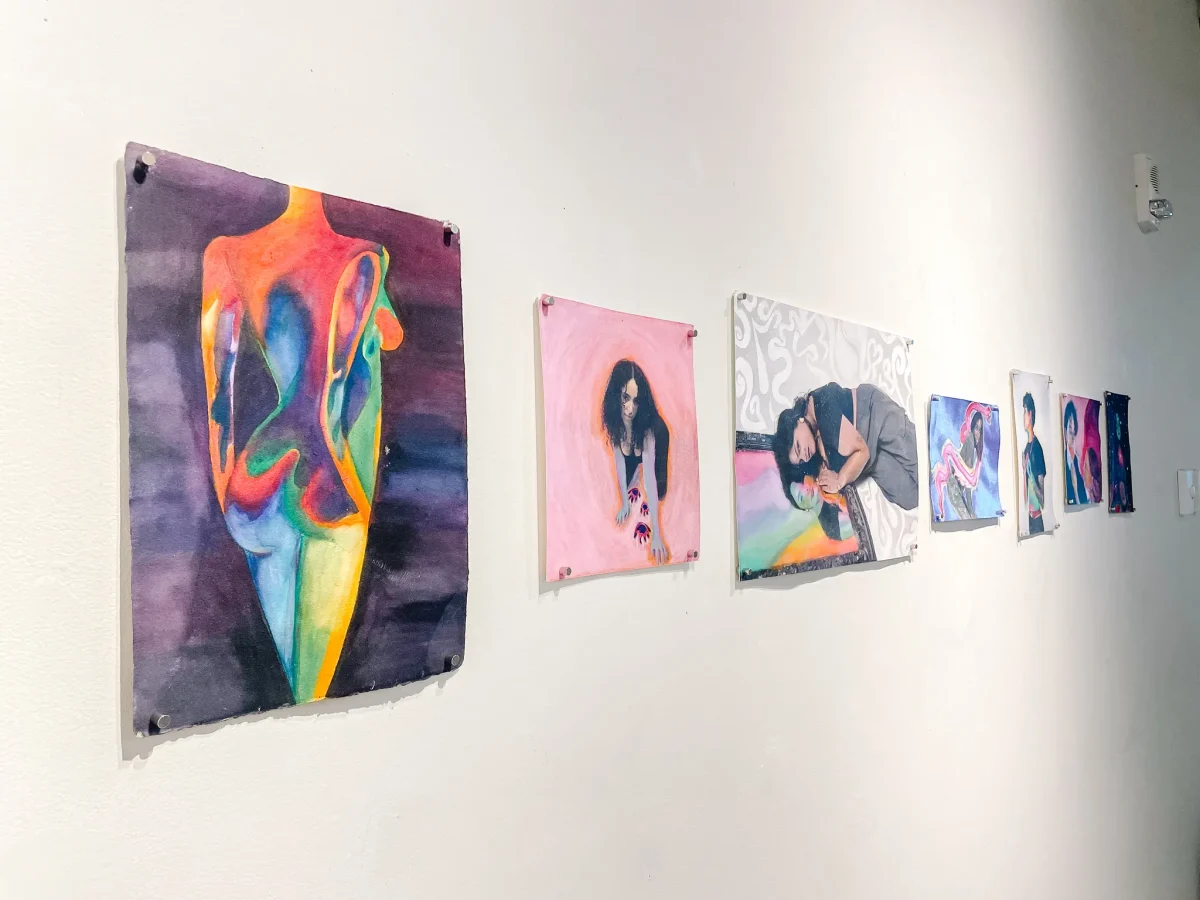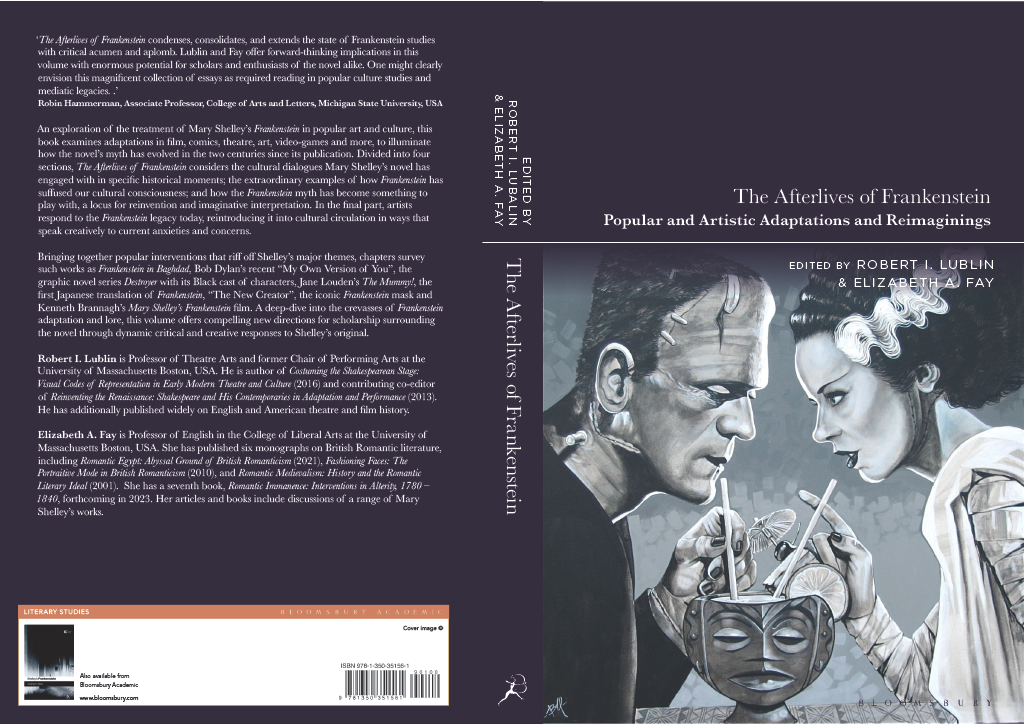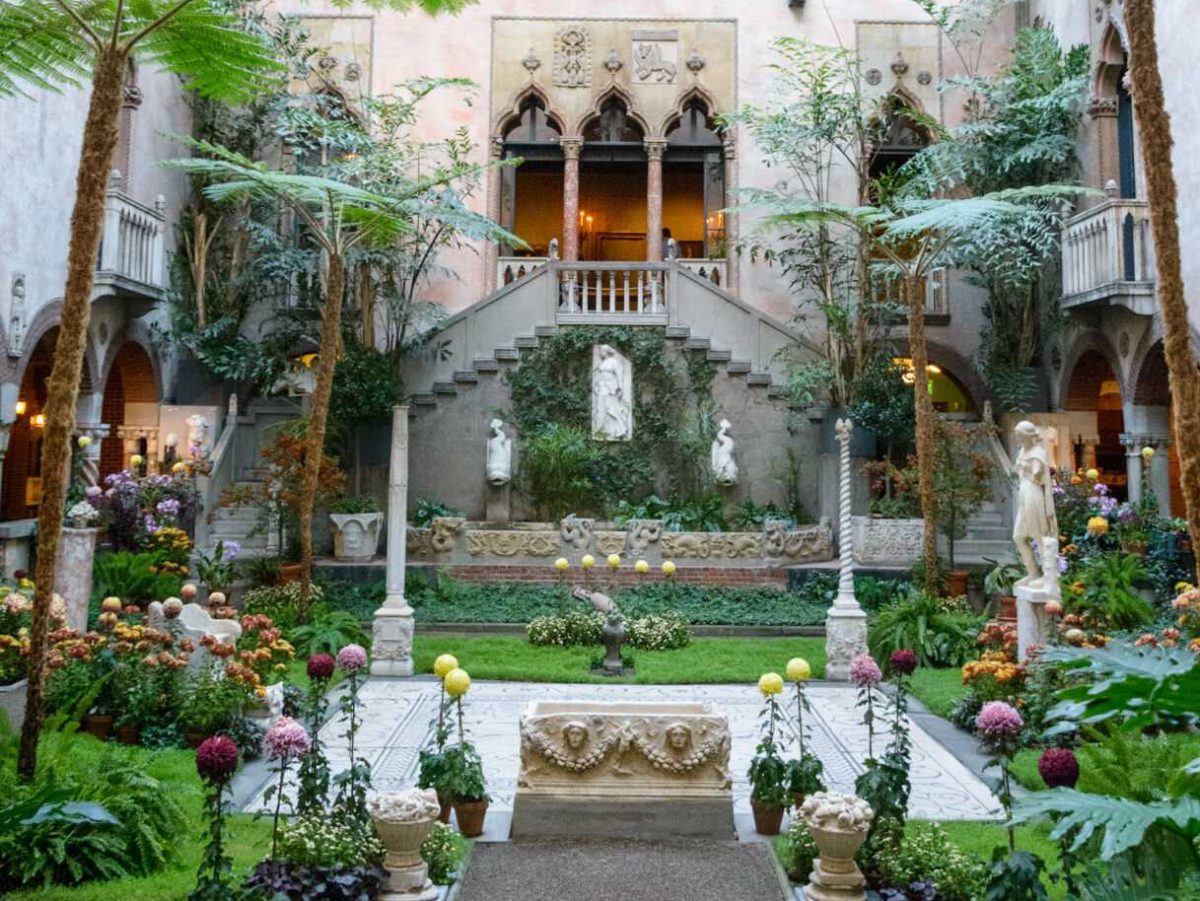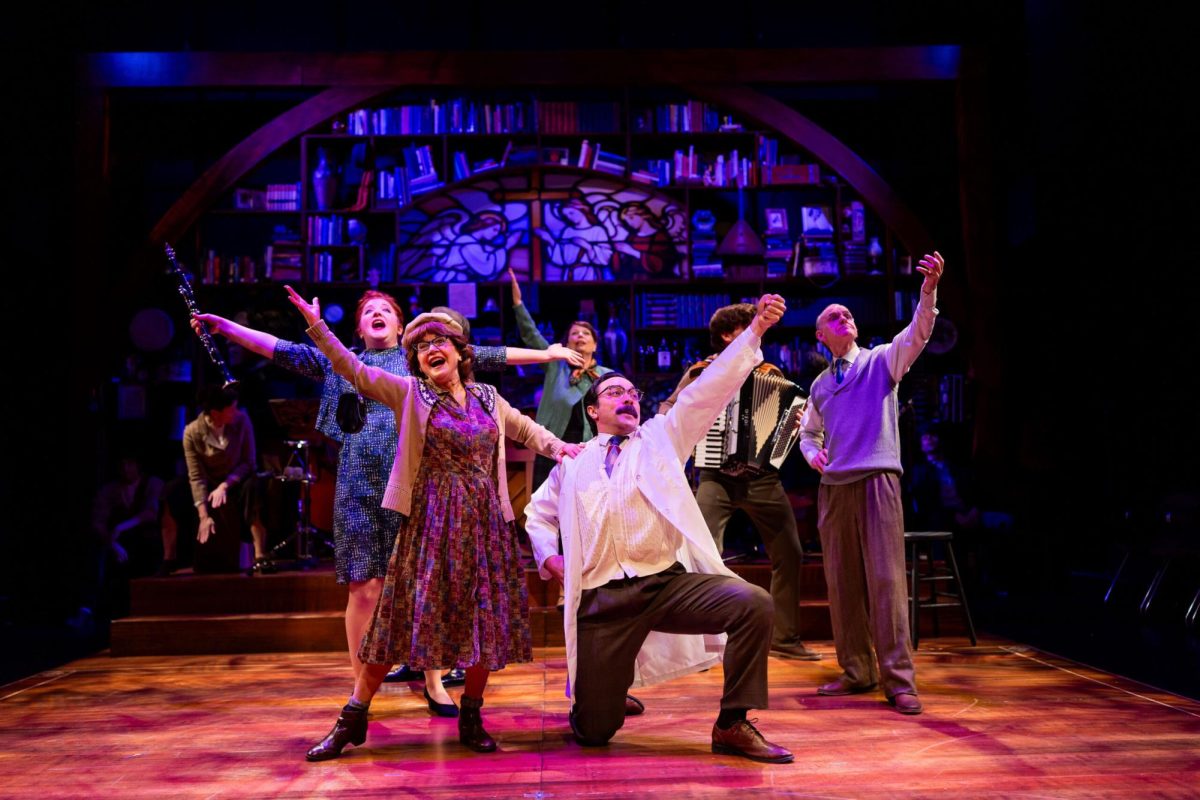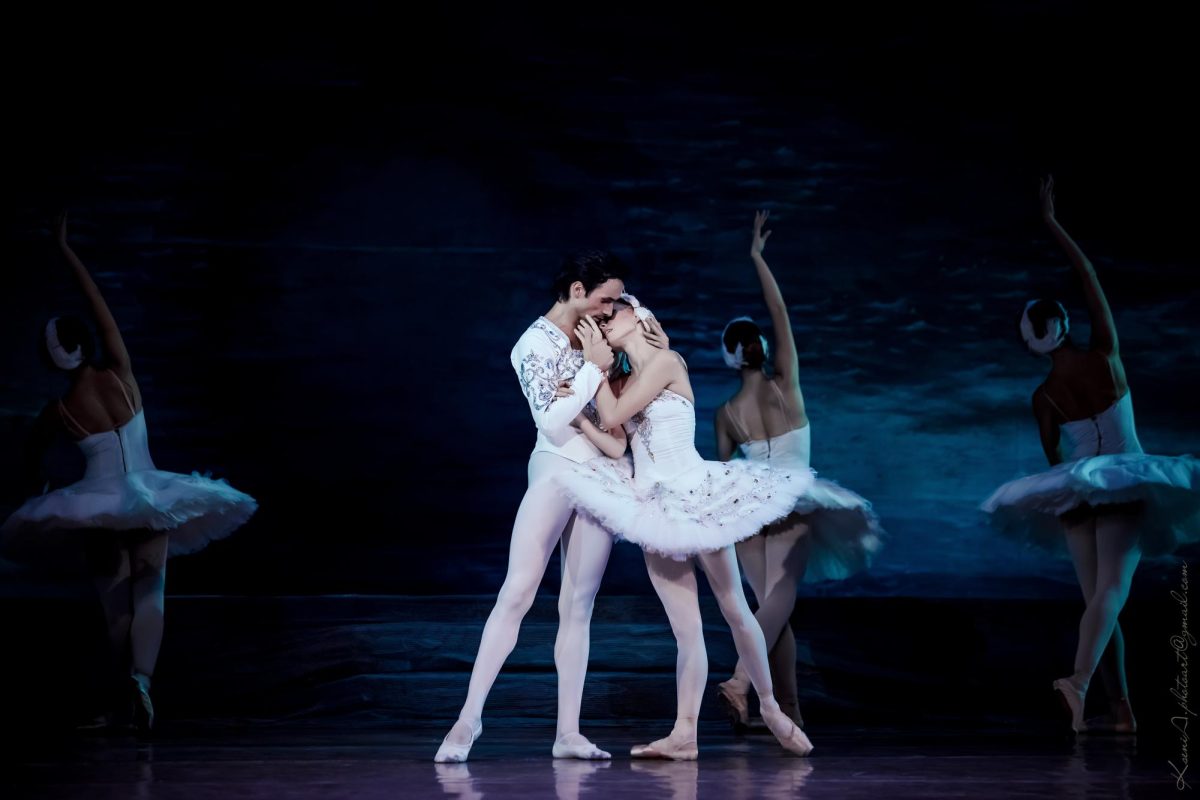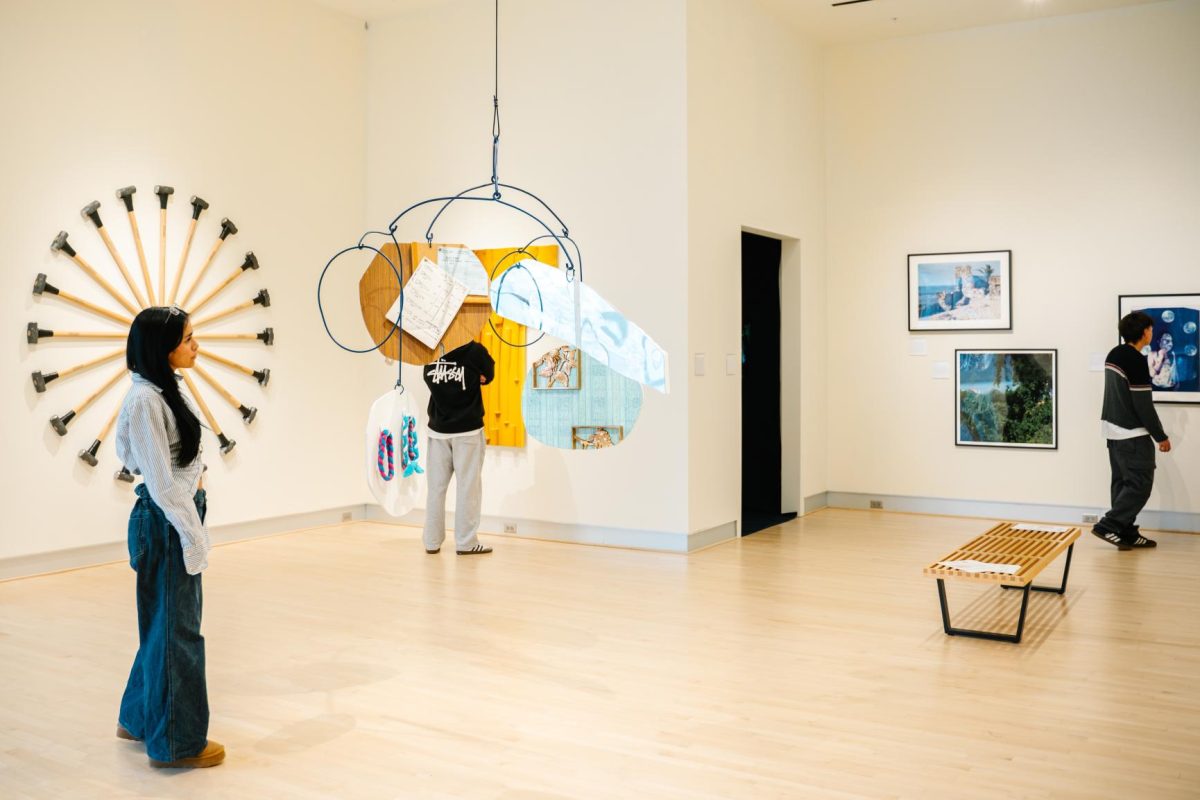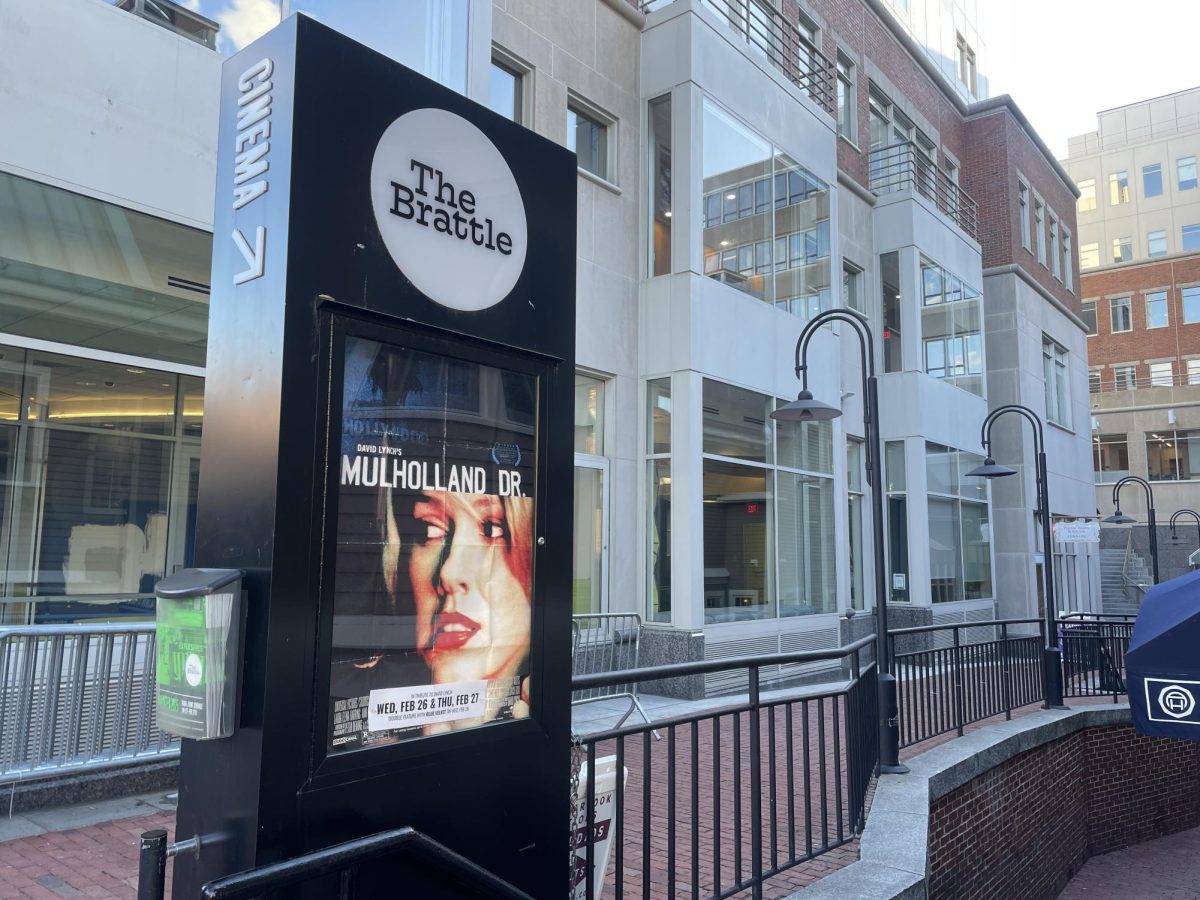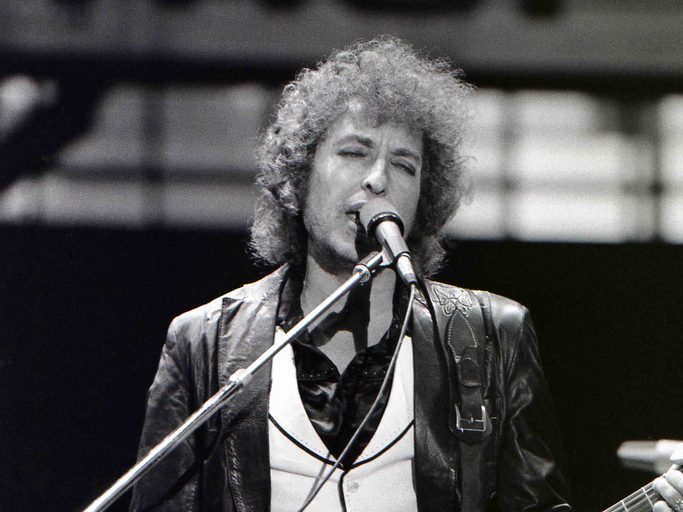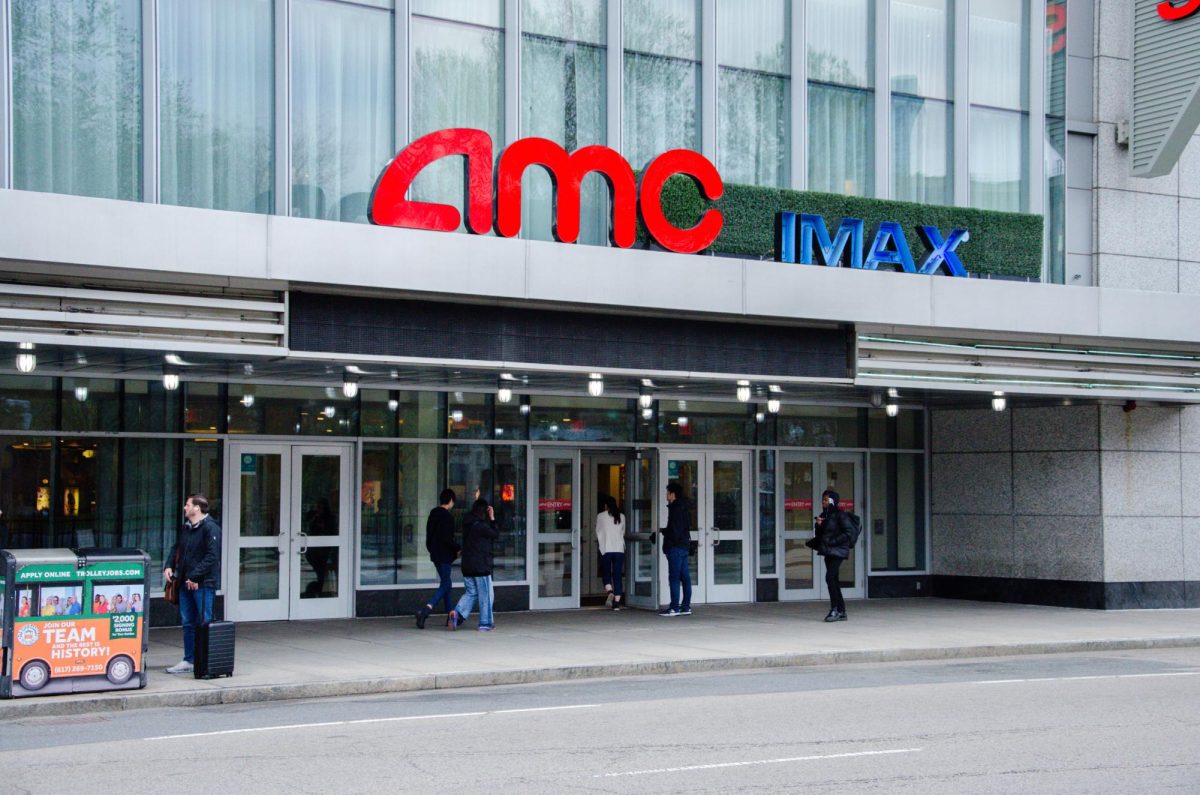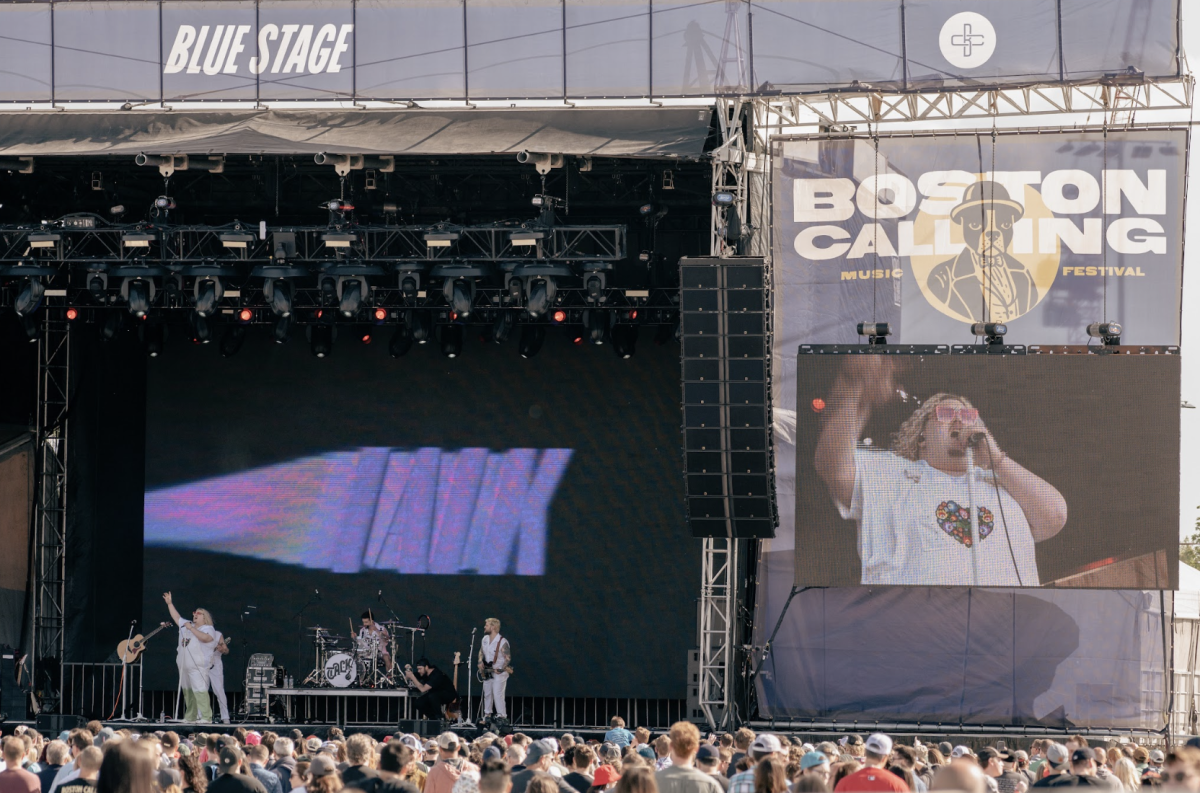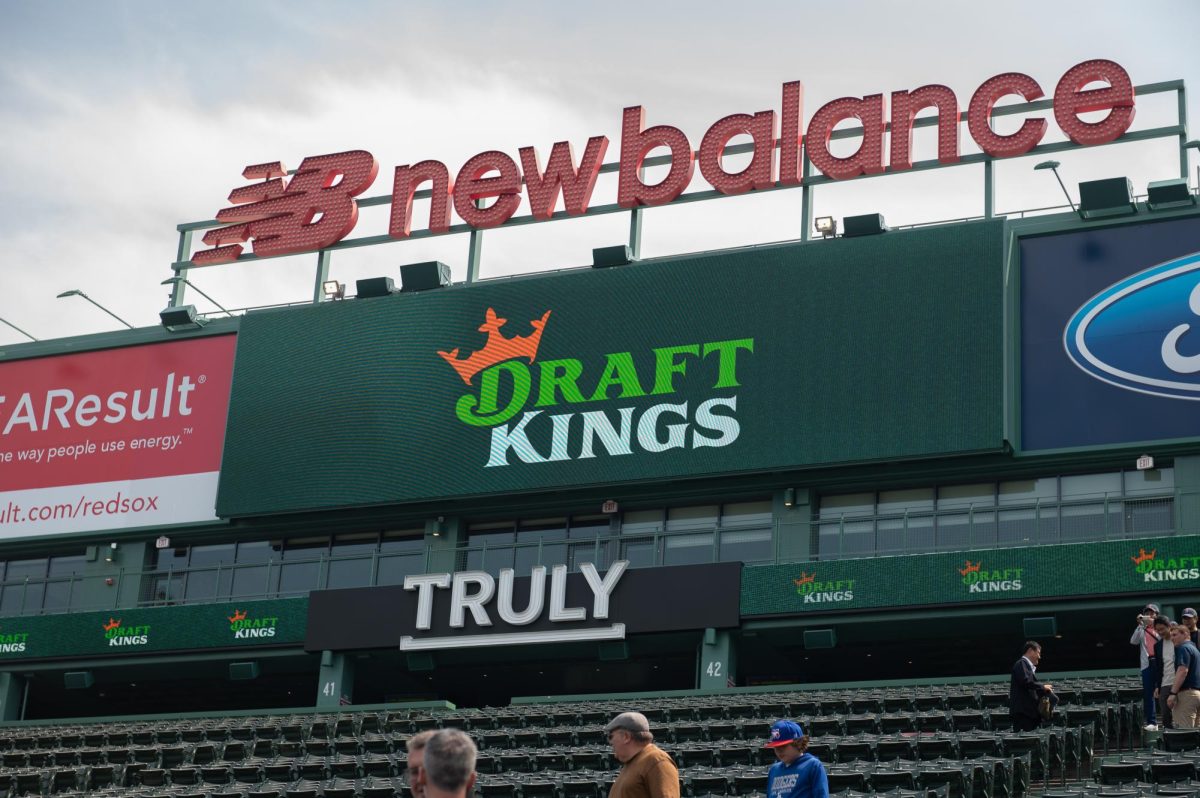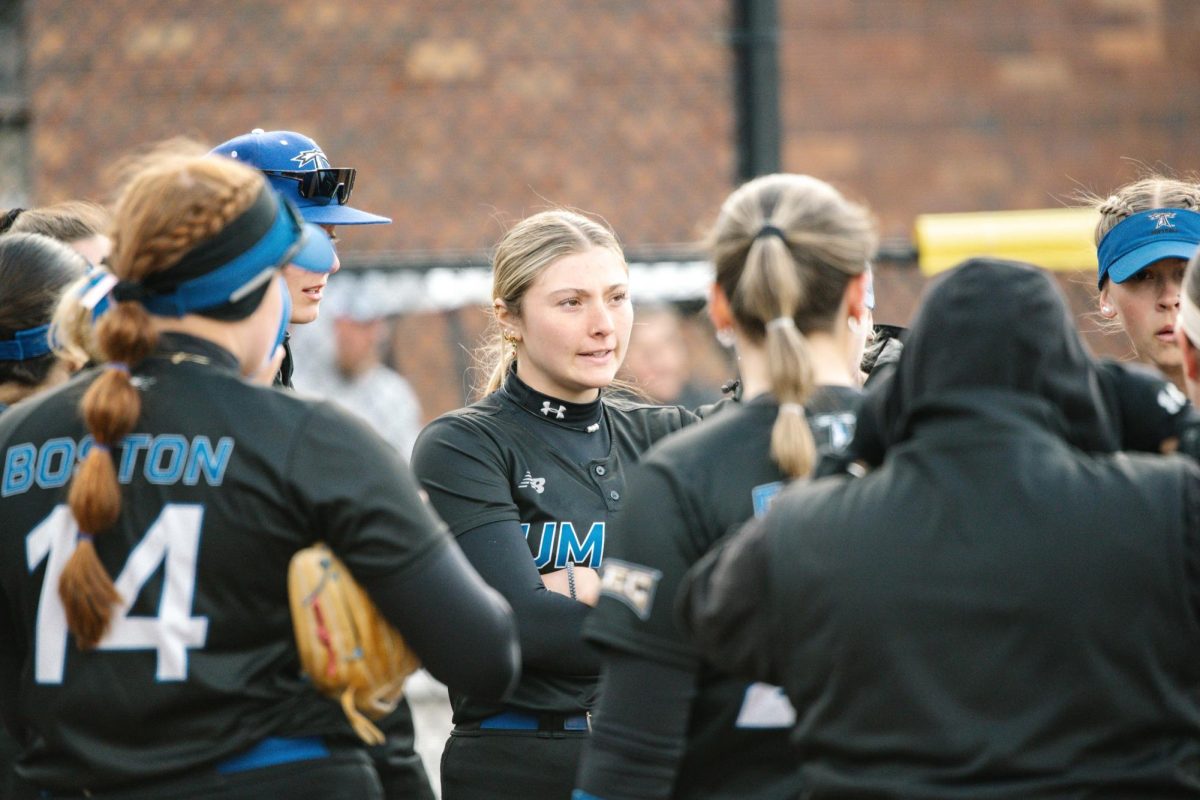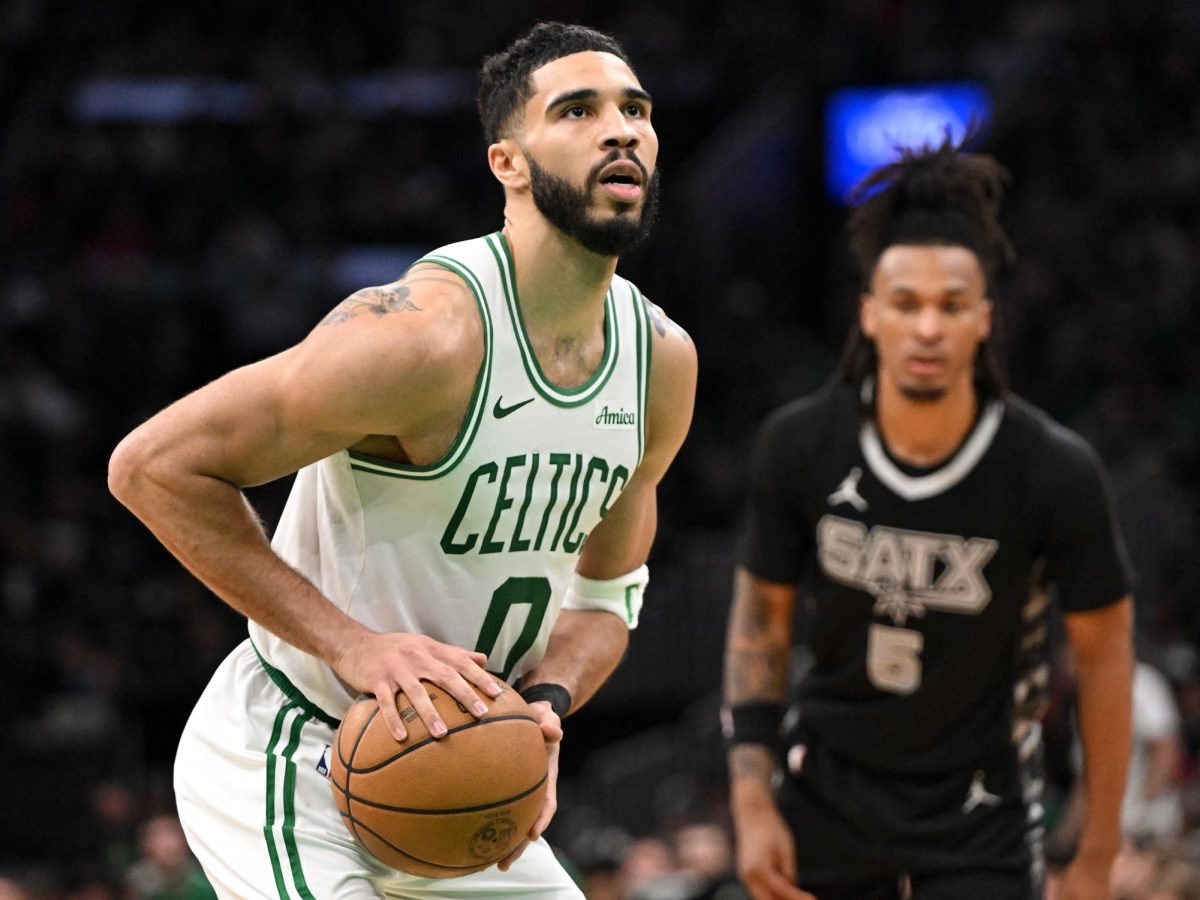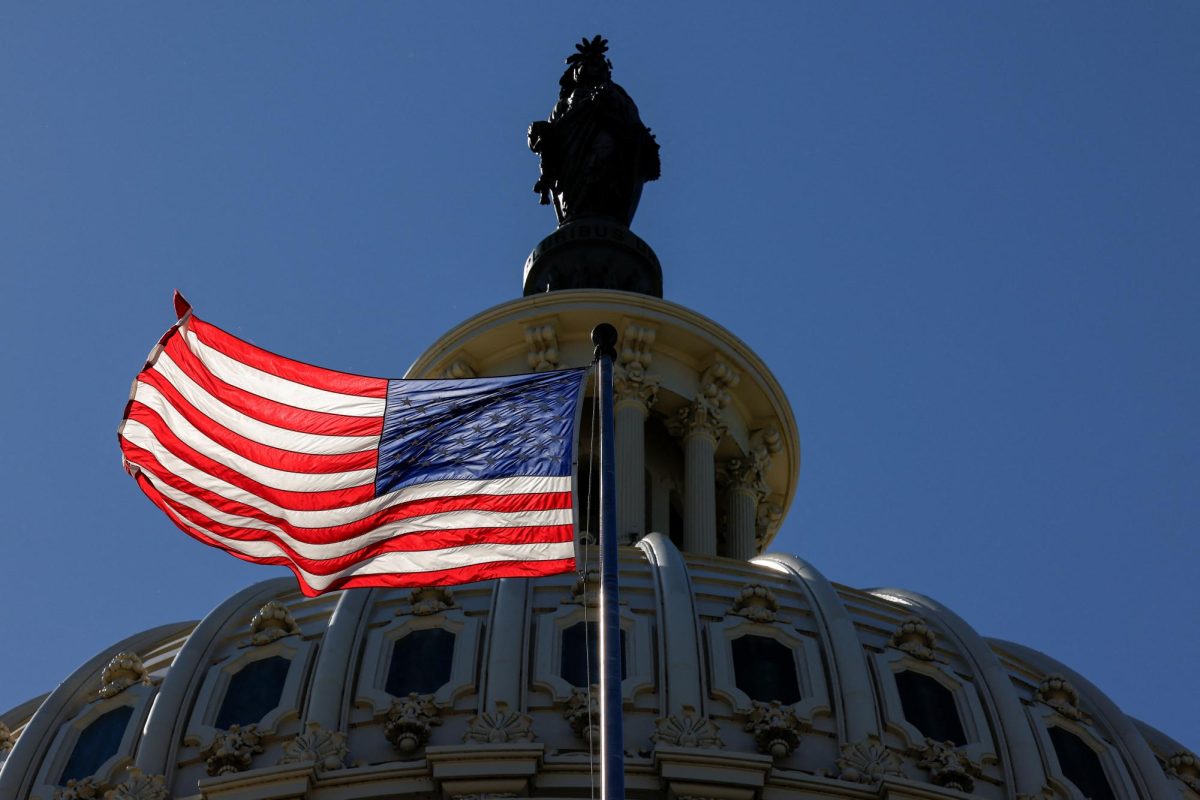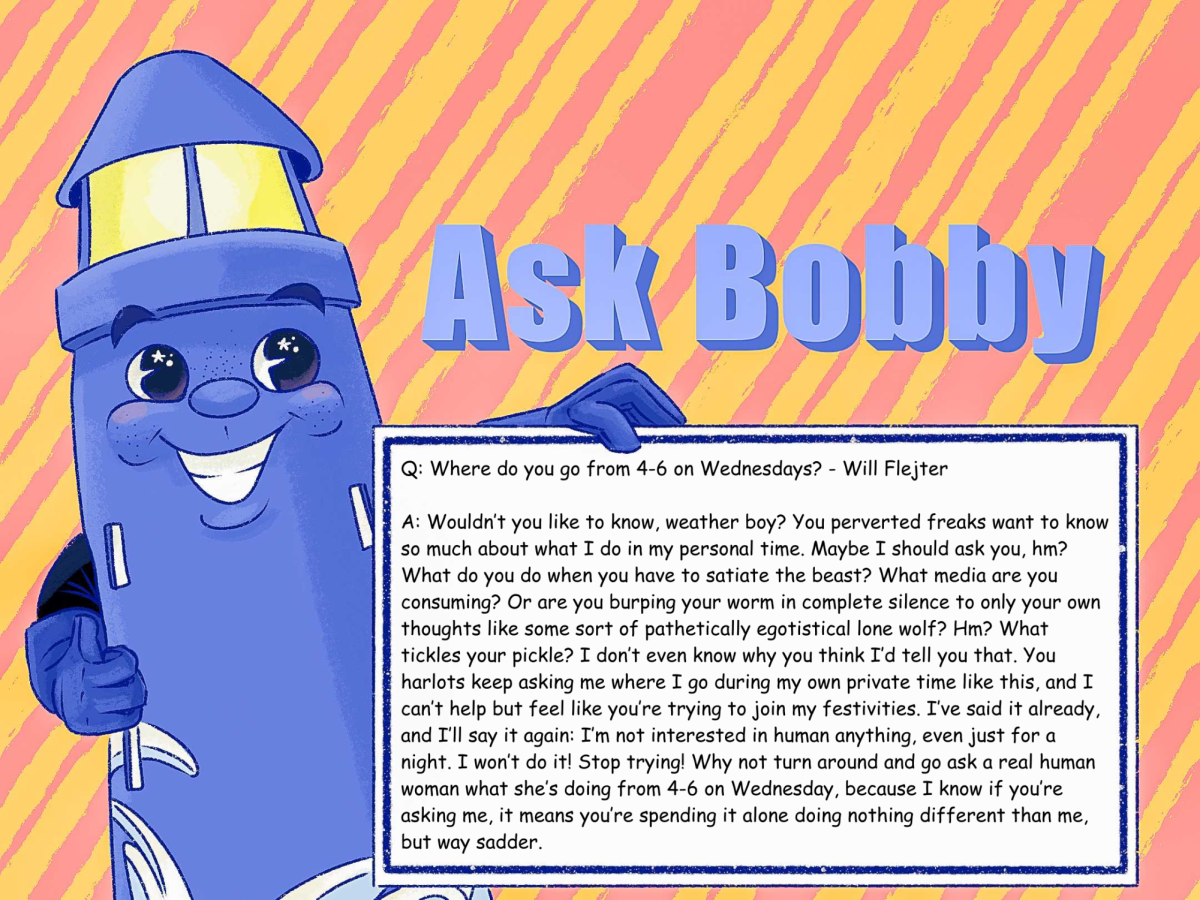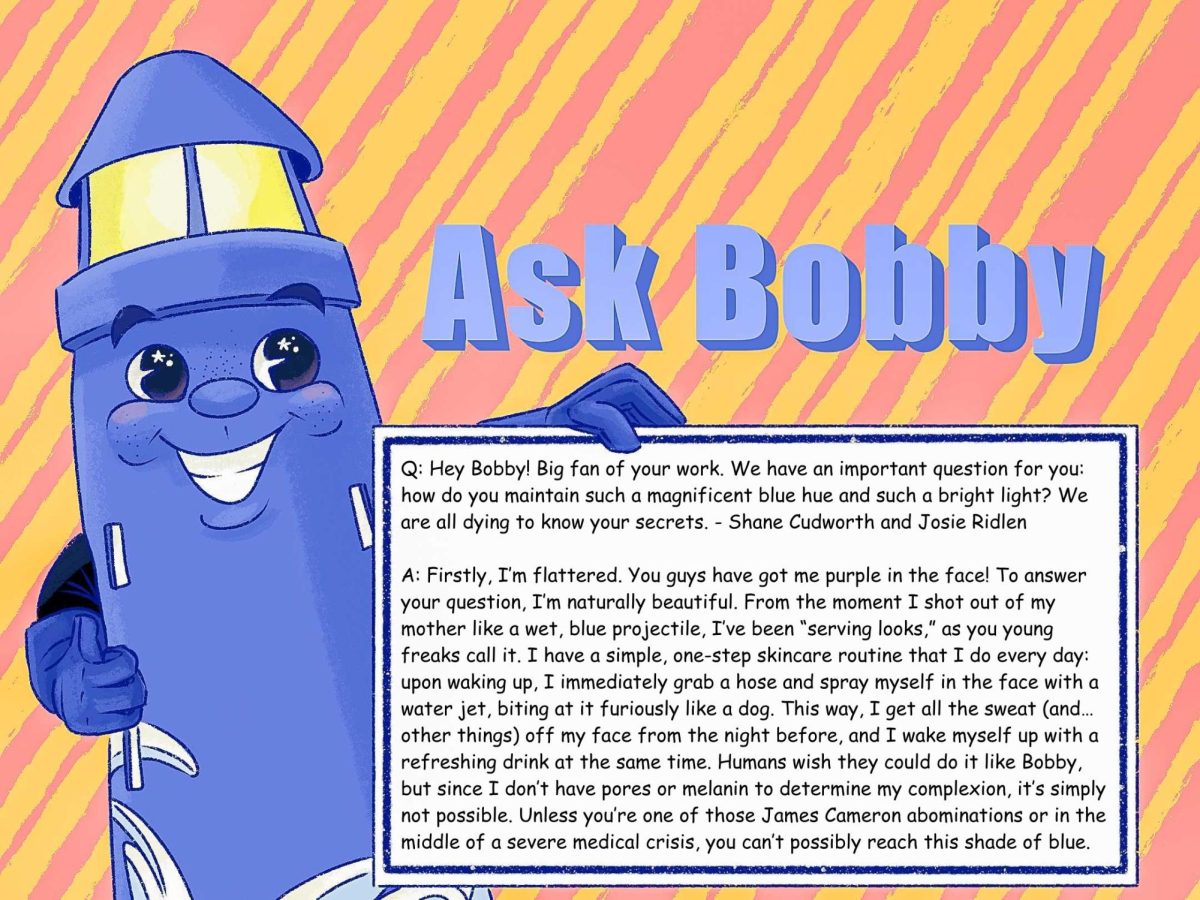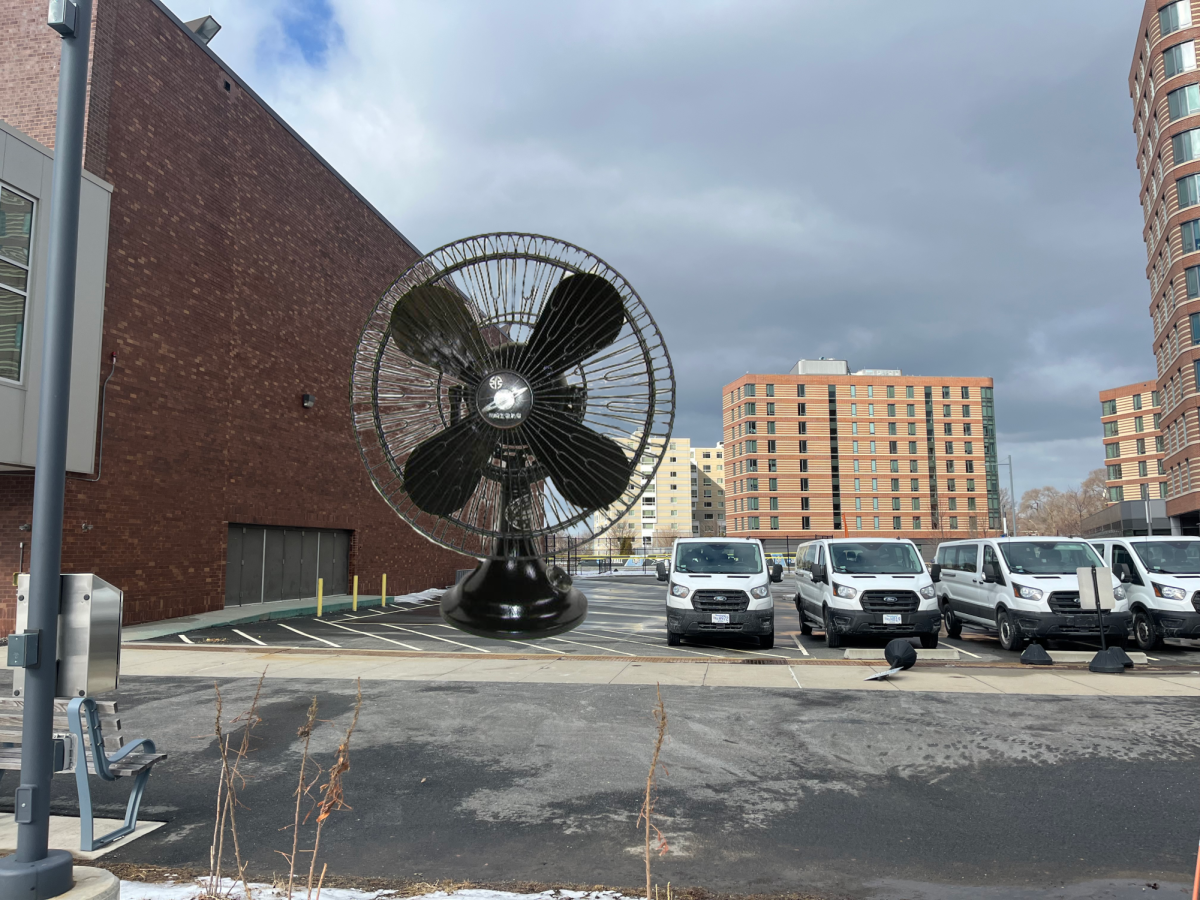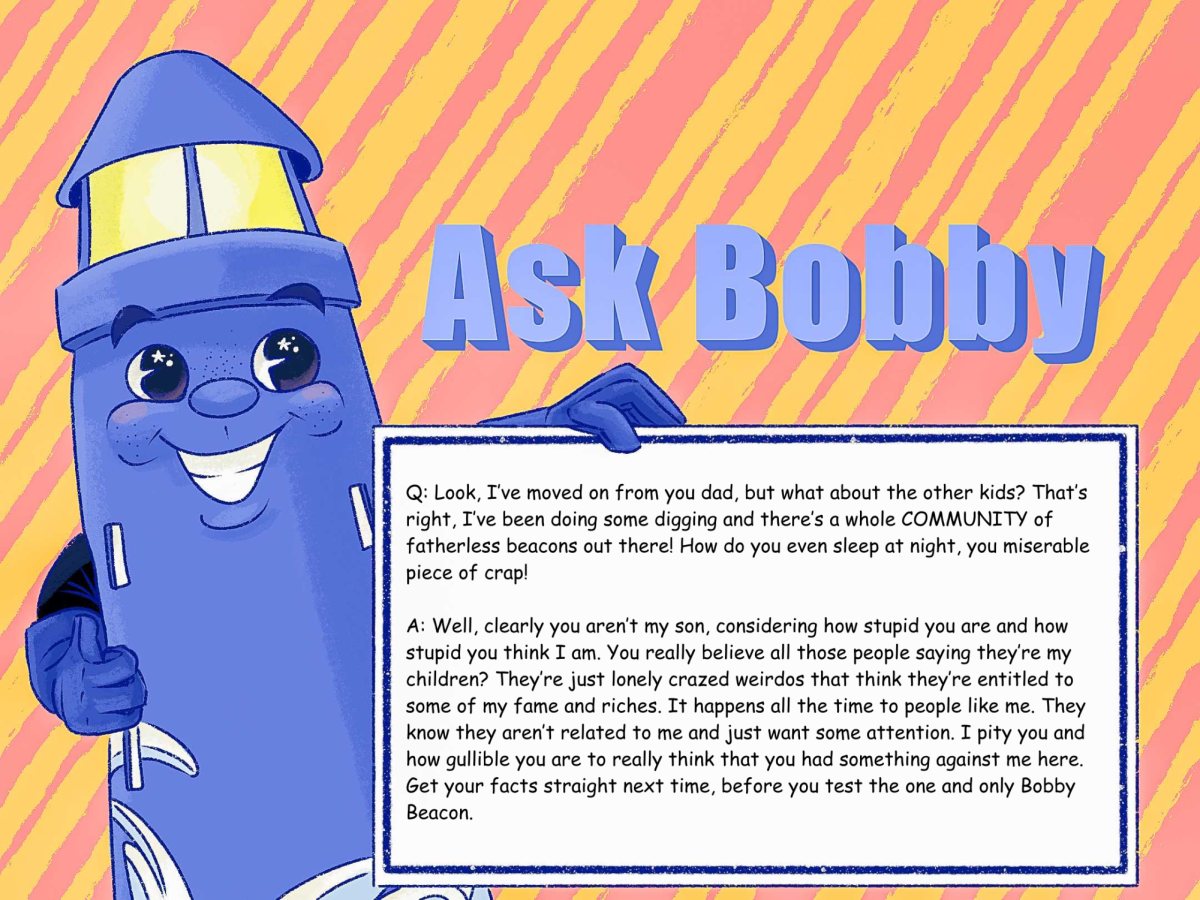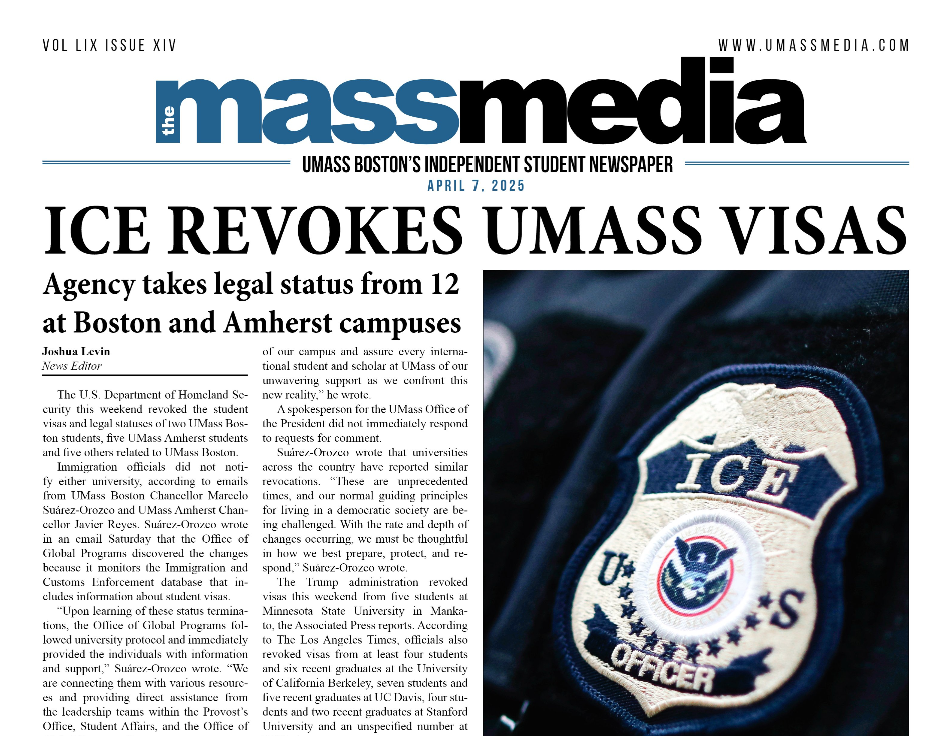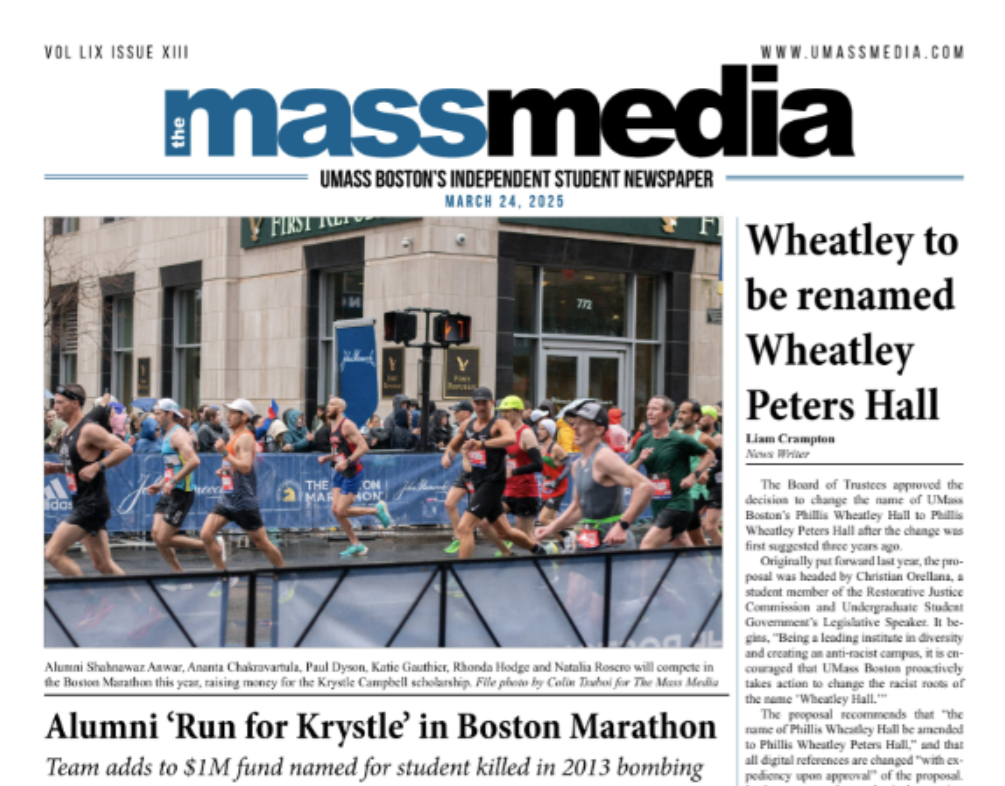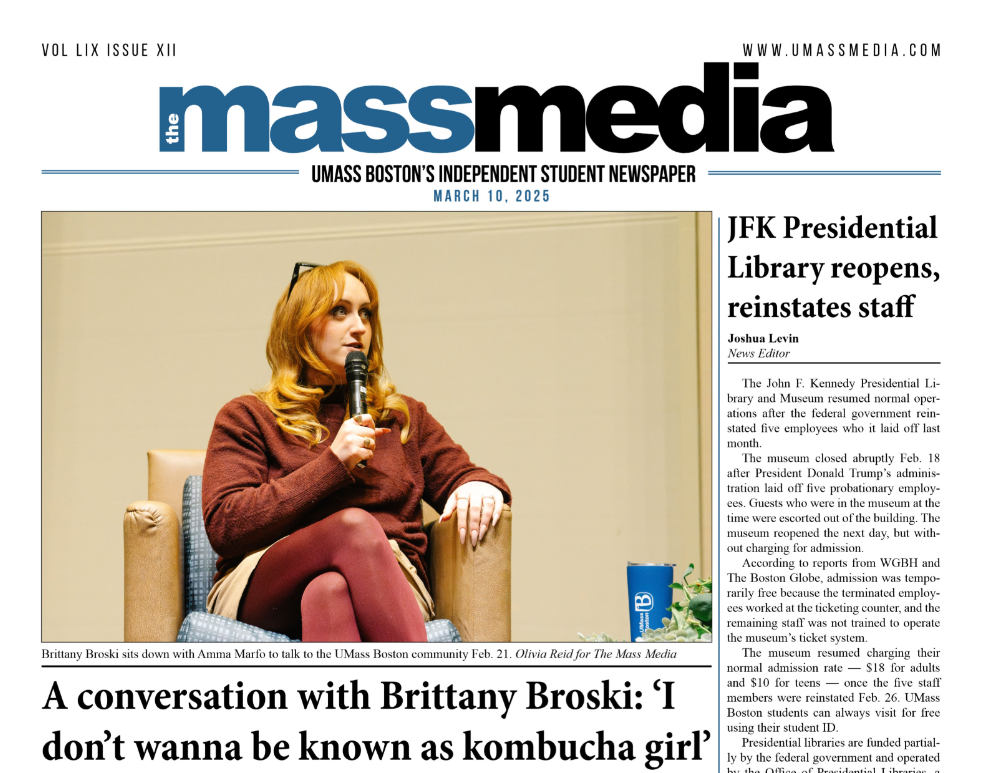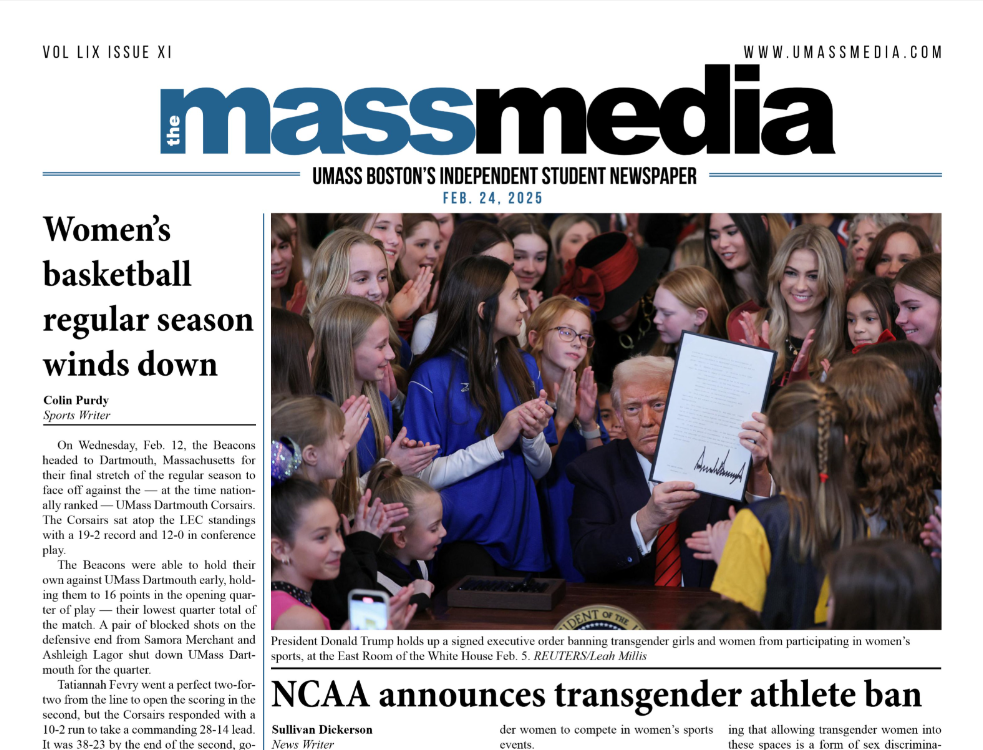Muslim Student Association Sponsors Ramadan Celebration
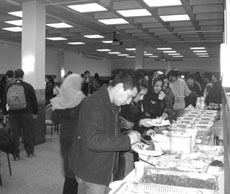
Will Grey
Students celebrate the Muslim holiday of Ramadan.
December 4, 2002
For Ramadan, the holy month in the religion of Islam, practicing Muslims fast, abstaining from drinking and eating during the daylight hours of each day. Muslims break the fast at night with a prayer and meal called iftar. It is customary to visit with friends and family in the evenings during the month of Ramadan, and then resume the fast the next day. The observance continues in this way for the entire month. The Muslim Student Association (MSA) saw this time as a perfect opportunity to inform the UMass Boston community about the religious observance and the main beliefs in the Islamic tradition. Ramadan is the ninth month of the Muslim calendar, and it is believed that Ramadan is the time when the Holy Qu’ran was sent down from heaven.
A forum, which took up about half of the MSA’s Ramadan Celebration, and was held in the Healey Library’s University Club on Monday, November 25, included three speakers; Dr. Mohammed Lazzouni, Milia Islam, and Imam Abdullah Farooque. The guests discussed various aspects of the religion from their different disciplinary perspectives. Each guest was introduced by a different member of the MSA.
Dr. Mohammed Lazzouni, the director of Alhamra Academy in Westborough, MA, gave a short lecture which included a concise history of the religion of Islam. Lazzouni began by reciting a prayer in Arabic first, then English, that included an encouragement of the spread of knowledge.
Lazzouni said that it was “in the spirit of knowledge that I am amongst you today.” He went on to discuss why it is important to learn about Islam, some of the basic tenets of Islam and some history on its foundation, and also some values and themes of Islamic life. He also said that in this day and age, as the world is becoming a village, people should be curious in a good way about the world, and seek to become literate citizens of that world. But he urged, “never learn about Islam because of fear.” He explained that while the Christian tradition is based on a divine prophet, Muhammad was not divine, but was merely a transporter of Allah’s information. Muhammad is the prophet acknowledged by Muslims as responsible for bringing Islam to the world in the early 7th century. For the Christians, Christ is the word of God in the flesh, for the Muslims the Qu’ran is the word of god in word,” the doctor explained.
Millia Islam, a Ph.D. student at Harvard Divinity School in Cambridge, MA, discussed the concept behind Ramadan. She explained that it is the result of mysticism in the tenth and eleventh centuries. The month of daytime fasting is meant to build one’s spirit, and is related to the Muslim sense that knowledge of the self is the key to knowledge of God. The student gave a detailed history of the Muslim philosopher Abu Hamid Ibn Muhammad al-Tusi al-Shafi’i al-Ghazali, who was born in 1058 AD. Al- Ghazali was a proponent of the idea that the human soul persists even when the body has changed. The soul maintains the moral equilibrium and is the link between faith and action. It is in the spirit of that link that the month of Ramadan is considered a learning experience and a way to exercise faith. It is also traditional for Muslims to take extra time to think about their relationship to Allah and to their faith and to pray and study from the Qu’ran.
Imam Abdullah Farooque, after a personal and thankful introduction by Hatim Jean-Louis, assistant coordinator of the Black Student Center, gave a lively speech in which he attempted to answer the question “Why Islam?” the title of his portion of the program. Farooque instructed the crowd to raise their hands if they have a soul, then he went on to say that the question “Why Islam?” is rhetorical. Coming from a similar assumption as Lazzouni, that the media and fear were the driving force for many to learn about Islam, Farooque explained that what people see in the news is mostly about Islamic fundamentalism, and is not representative of all Muslim traditions. He spoke about how Islam is the submission to the will of God as stated in the holy book the Qu’ran. “Why Islam? Because your God said it,” Farooque said at the end of his speech.
After the forum portion of the program, the speakers entertained questions from the crowd in the university club. Farooque gave out books as prizes to those with good questions.
The President of the MSA at UMB concluded the program and extended an invitation to all in attendance to stay and enjoy food and observe a traditional fast breaking. The MSA gave special thanks to the Student Senate for providing them with the funds to put the program together, as well as Donna Neal and Joyce Morgan from the Office of Student Life, and extended another thank you to Bob Cole from the Student Arts and Events Council. She said that there was space made available in the other half of the university club to people who wished to pray . Farooque sang a prayer in Arabic as the line of people gathered to enjoy the traditional feast of Middle Eastern food.
One student told The Mass Media that he was excited because the Ramadan Celebration was the first real event the MSA had planned, he also expressed his excitement to come together with others in the UMB community and discuss his religion.





